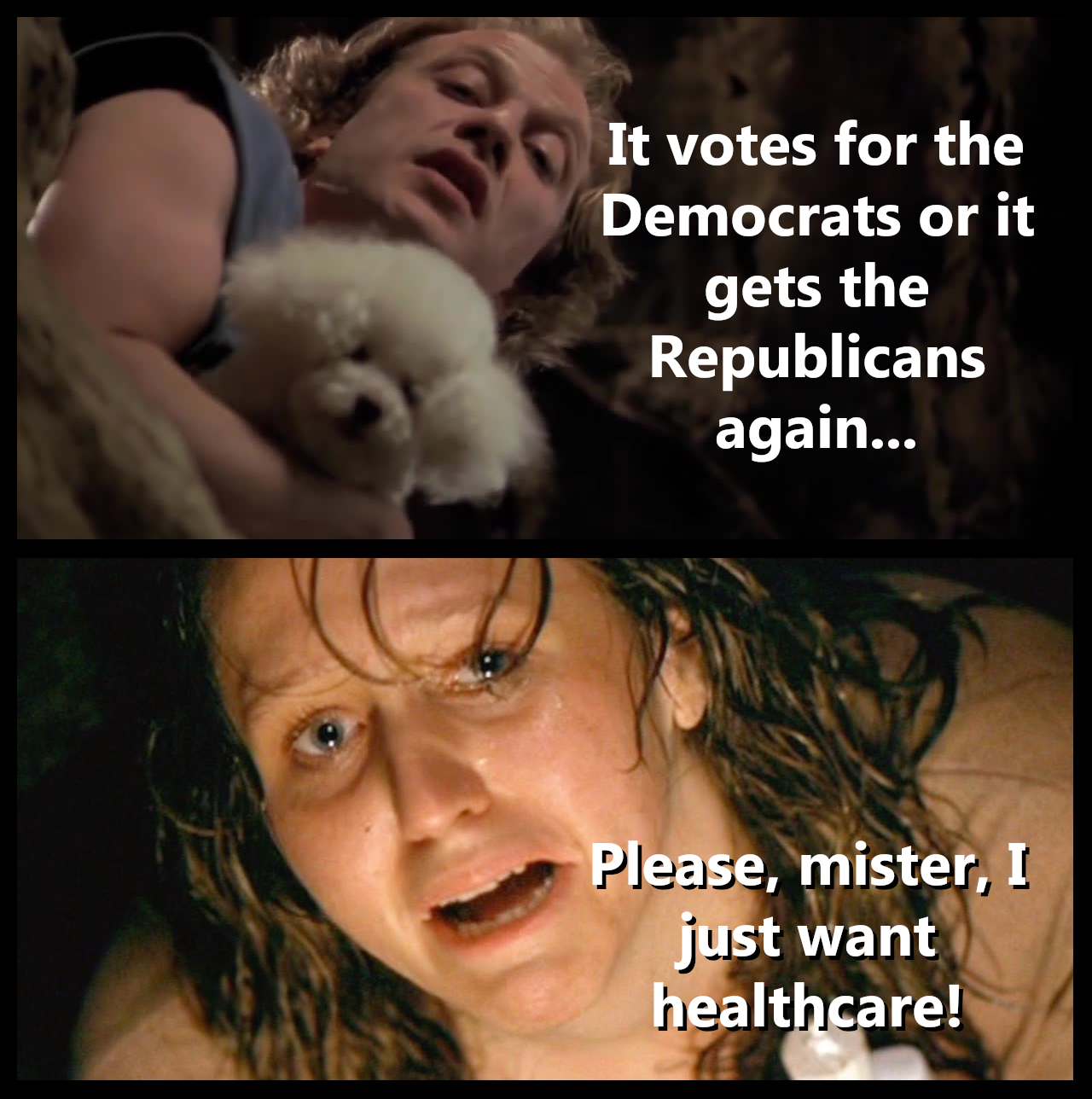

The national urban poverty rate plummeted from 52.9% to 38.1% in six months, while extreme poverty halved to 8.2%, marking the sharpest decline in decades.
President Javier Milei’s administration achieved this while slashing public spending by 5% of GDP and navigating a 1.7% economic contraction in 2024. Key drivers included targeted welfare programs and inflation control.
The government expanded the Universal Child Allowance (AUH) to cover teens up to age 17 and increased food card coverage, directly aiding vulnerable households.
So they cut spending overall, but expanded their Universal Child Allowance. I mean, that right there is probably what did most of the poverty reduction. The article doesn’t really say where the spending cuts came from. Could be they just cut a lot of waste, but it could be they’ve made cuts to important government services, and the effects haven’t necessarily been felt yet.
The IMF projects 5.5% GDP growth for 2025, fueled by rebounding consumption and investment. This turnaround challenges conventional wisdom that austerity inevitably harms vulnerable populations, showing market-oriented policies can coexist with poverty reduction when paired with precise safety nets.
Does it? Again, we don’t know what’s been cut and we don’t know what the long term effects of those cuts will be. All we know is that they made significant cuts overall, while also expanding two specific safety net programs. Admittedly, that has resulted in a significant reduction in the urban poverty and extreme poverty rates, for now, which is undoubtedly a good thing, but only time will tell if those will last.
This reads like neoliberal propaganda, but honestly Javier Milei is right of even most neoliberals. I seriously doubt the expansion of the Universal Child Allowance and the increased food card coverage will last. I’m certain Milei will want to cut those programs, at some point. He is anarchocapitalist adjacent, so I’m sure he wants to get as close as possible to no government spending at all, eventually.









Removed by mod